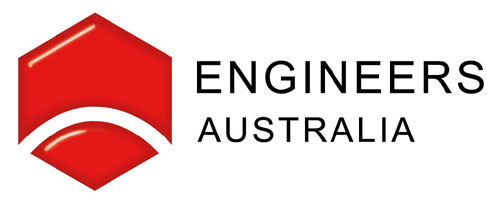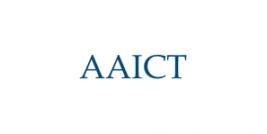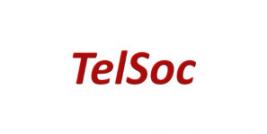LINKS
KEY DATES
- Paper deadline - 31 August 2017
- Acceptance notification - 2 September 2017
- Final paper deadline - 15 October 2017
- Early bird deadline - 15 October 2017
- Registration deadline - 1 November 2017
- Conference - 22-24 November 2017
PATRONS


SUPPORTERS
![]()

SPONSOR


Workshops
ITNAC 2017 will host three workshops.
The workshops will be heldin conjunction with RMIT University, which is a short five minute free tram ride away from the conference venue.
Workshops are free for conference attendees so remember to register for ITNAC 2017 and book your place at the workshop early.
Scroll down this page to learn about the workshops
Call for Papers for Second International Workshop on Data Intensive Computing and Communications for Sustainable Development
Technically Co-Sponsored by the IEEE Technical Committee on Big Data (TCBD)
Thursday 23 November 2017 - Submit paper
The recent advancements in Information and Communications Technology (ICT) such as 5G, Internet of Things, Cloud and Crowd Computing as well as the rapid growth of the Internet and World Wide Web led to vast amounts of information available anywhere. In addition, business and government organizations create large amounts of both structured and unstructured information which needs to be collected, transmitted, processed, analyzed, and networked. The storing, managing, transmitting, accessing, processing and networking of these vast amount of data represent fundamental research challenge in order to satisfy needs to search, acquire, transmit, analyze, mine, and visualize this data as information. The new research disciplines of data-intensive computing and communications (DICC) are intended to address these challenges. This workshop dedicates itself to explore the role and impact of the DICC for making our world more sustainability developing: creating research and development, and also innovation for economic growth, reducing energy and material resources consumption, increasing quality of life for ever more people without compromising future generations' ability to meet their needs.
Amateur Radio Communications, Hardware & Software, and Computer Networks in Education
Thursday 23 November 2017
Location: RMIT University, Room 10.10.29 (Building 10, level 10, Room 29)
Maximum number of participants: 24
Abstract (if needed): Following rapid growth in research on wireless communications and networks in recent years, more and more radio amateurs want to exchange information. This workshop will provide a review of the current approaches used by amateur radio operators to communicate from fixed and mobile locations. The presenters recently completed the cross-Australia solar challenge as support crew and they'll include a discussion on their experience.
Speaker: Michael Van Den Acker and David Welch from RMIT University
Session 1: 08.30 – 12.30
The workshop will provide discussion and demonstration of current amateur radio including packet radio and will utilise the facilities at RMIT University to demonstrate the systems and approachs that are used today.
Due to a change in presenters the content is being reworked and more information will be made available soon.
Workshop ends at 12:30
Software Defined Networking Workshop
Friday 24 November 2017
Location: RMIT University, Room 10.10.29 (Building 10, level 10, Room 29)
Maximum number of participants: 24
Session 1: 09:00 – 10:00
Introduction to SDN
- Current SDN Development & Implementation
- Innovations in SDN
- SDN implementation in Enterprises
- Lab Walk through
Morning Tea: 10.00 – 10.30
Session 2: 10.30 – 12.00
SDN and Mininet Lab
- Installing Mininet
- Basic Mininet commands
- Connecting Mininet with SDN Controllers
- SDN Topologies with Mininet
- Advance SDN Topologies in Mininet
Lunch: 12.00 – 13.00
Session 3: 13.00 – 14.30
SDN with HP SDN enabled Switches
- Lab Topologies
- Creating OpenFlow Instance in HP Switch
- Connecting HP Switch with OpenDaylight Controllers
- Creating Flow Table Entry via OpenDaylight GUI
- Test the Lab
Afternoon Tea: 14.30 – 15.00
Session 4: 15.00 – 16.30
Multi-Domain Communication with SDN
- Communication between different domain
- BGP protocols in SDN
- Setting up the network domain with SDN using Vandervecken VM (Lab Demo)
Workshop ends at 16:30


